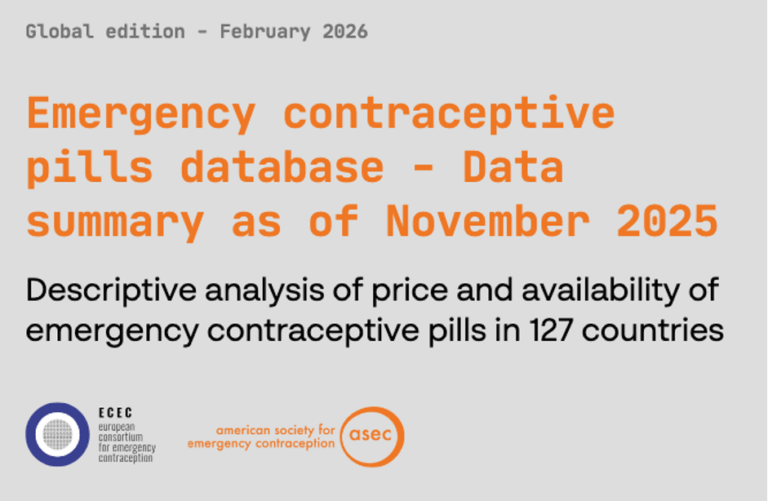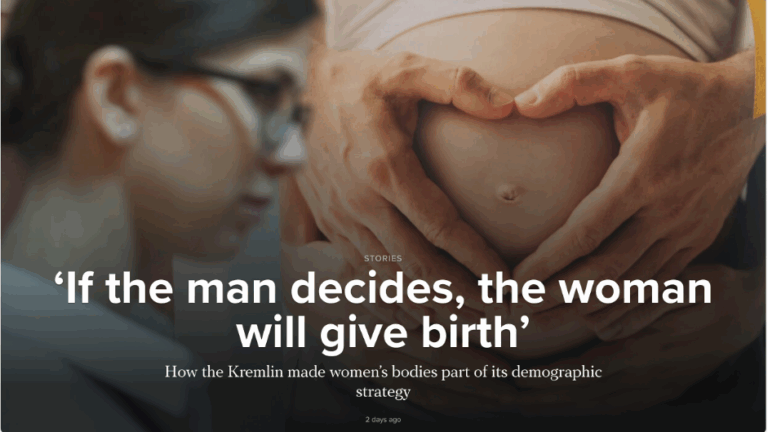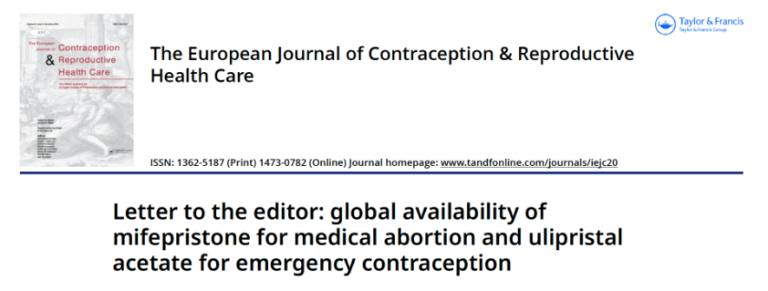Sexual well-being plays key role in contraceptive use
February 2026. A global review published in October 2025, highlights the important role sexual well-being plays in whether people continue using contraception. Drawing on data from 64 studies conducted between 2004 and 2023, the research found that around 5% of people who stopped using contraception—despite still wanting to prevent pregnancy —did so because of concerns…



